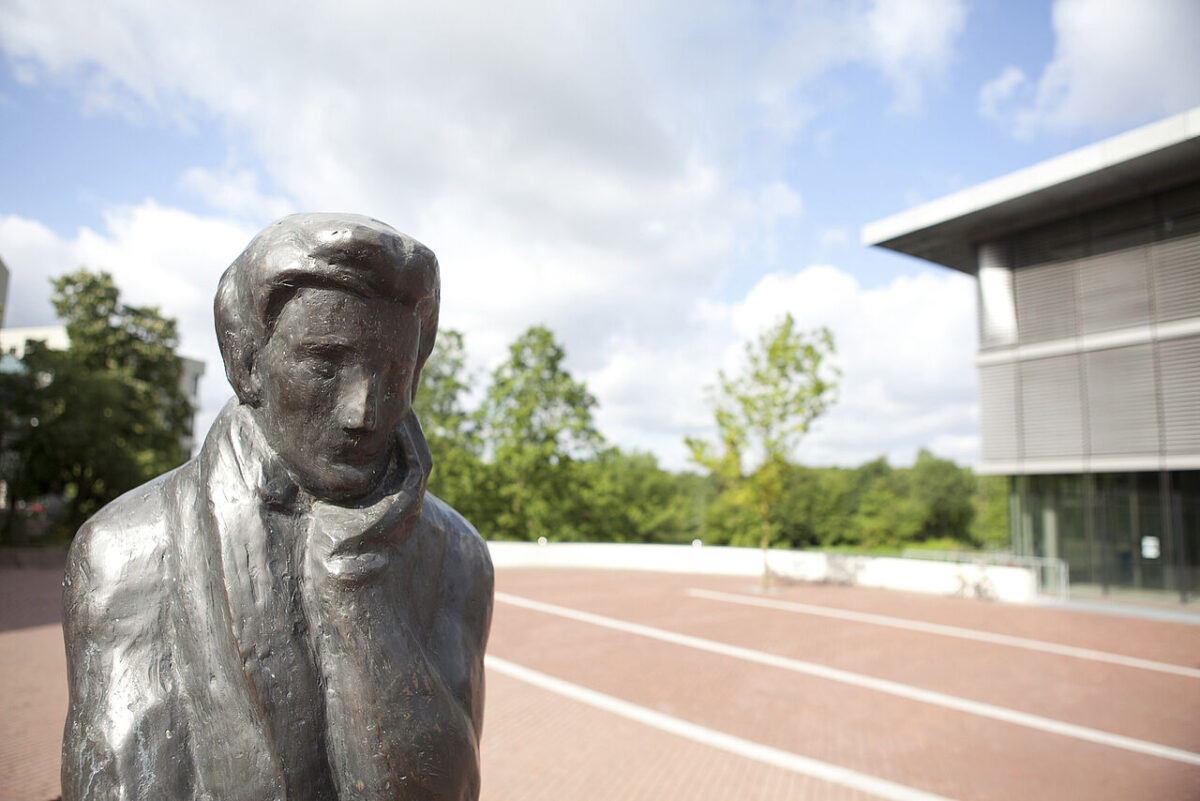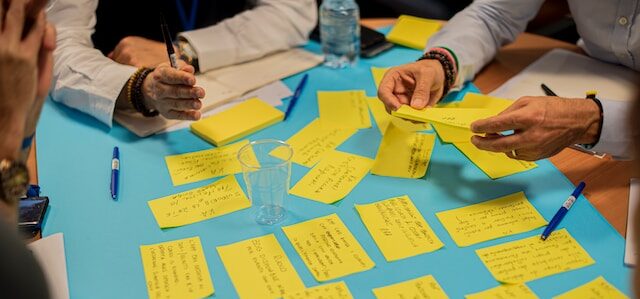Dissertation Projekt, Laura Mark
In my dissertation project at the Faculty of Architecture at RWTH Aachen University, I am using two case studies to investigate the substantive impact of consultative public participation on political decisions and the implications for sustainable development. My object of investigation is planning for the sustainable mobility transition, since on the one hand it is important and urgent for sustainable development and on the other hand it directly affects people’s everyday lives and thus often leads to resistance.
Abstract
A socio-ecological shift in transport requires profound changes in public space that affect the daily lives of users. This redistribution of road space and change in conditions of use is primarily carried out through spatial planning on the part of the public sector, in which the public is also increasingly involved. This is usually associated (implicitly or explicitly) with the public having an influence on the content of the planning; however, the actual effect has hardly been researched.
I am investigating the mechanisms through which the substantive impact of public participation comes about or is prevented, and which factors influence these mechanisms. I am interested in the conditions under which these substantive effects contribute to integrated transport planning, measured both in terms of democratic theory and substantive criteria.
Two municipal transport transition projects in Hamburg serve as case studies, in which the public can participate or has participated through consultation offers and other forms of participation: the redesign of the Elbchaussee in Hamburg and the low-car design of the Ottensen neighbourhood in Hamburg. The processes differ, among other things, in their framework conditions, spatial scale, tasks and participation offerings. For the detailed reconstruction and analysis of these processes, I mainly rely on data from qualitative interviews, document and media analyses, supplemented by results of quantitative population and participant surveys.
Expected Results
Expected results are theses on public participation in the context of the mobility transition. These deal with the mechanisms and factors that influence policy impact and come about through a detailed analysis of the individual case studies, a targeted comparison of the two case studies with each other and the embedding of the empirical results in the state of research as well as other results from the project. These theses are intended to contribute to the discussion on the role of the public in the context of a socio-ecological transformation.






